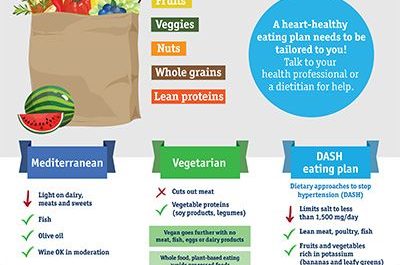Over the years, the Paleo diet has gained immense popularity among health-conscious individuals looking to improve their overall well-being. This diet, also known as the “caveman diet,” focuses on consuming foods that were available to our ancestors during the Paleolithic era. While the diet has its fair share of benefits, there are also some drawbacks that individuals should be aware of before embarking on this dietary journey.
Pros of the Paleo Diet
1. High in Nutrient-Dense Foods
The Paleo diet emphasizes the consumption of whole, unprocessed foods such as lean meats, fruits, vegetables, nuts, and seeds. These foods are rich in essential nutrients like vitamins, minerals, and antioxidants, which are crucial for maintaining optimal health and well-being.
2. Promotes Weight Loss
Many individuals have reported significant weight loss success with the Paleo diet. By eliminating processed foods, sugar, and grains, followers of the diet tend to consume fewer calories and experience improved satiety, leading to weight loss over time.
3. May Improve Overall Health
Some studies suggest that the Paleo diet may help improve certain health markers such as blood sugar levels, cholesterol levels, and inflammation. By focusing on whole foods and eliminating potential allergens like dairy and gluten, individuals may experience improvements in their overall health.
Cons of the Paleo Diet
1. Restrictive Nature
One of the major drawbacks of the Paleo diet is its restrictive nature. The diet eliminates entire food groups like grains, dairy, and legumes, which can make it challenging for individuals to meet their nutritional needs, especially if they have specific dietary restrictions or preferences.
2. Costly to Maintain
Due to the emphasis on high-quality, organic foods, following a Paleo diet can be expensive. Meats, fruits, and vegetables can be pricier than processed foods, making it difficult for individuals on a tight budget to sustain this way of eating in the long term.
3. Potential Nutrient Deficiencies
Eliminating certain food groups from your diet can lead to nutrient deficiencies if not carefully planned. For example, dairy is a significant source of calcium and vitamin D, which are crucial for bone health. Individuals following the Paleo diet may need to incorporate supplements or alternative sources of these nutrients to prevent deficiencies.
Conclusion
While the Paleo diet has its fair share of pros and cons, it ultimately comes down to individual preferences and goals. Some people may thrive on a Paleo diet and experience significant health benefits, while others may find it too restrictive or costly to maintain in the long run. Before embarking on this dietary journey, it’s essential to consult with a healthcare professional or nutritionist to ensure that you’re meeting your nutritional needs and making informed choices about your diet.




